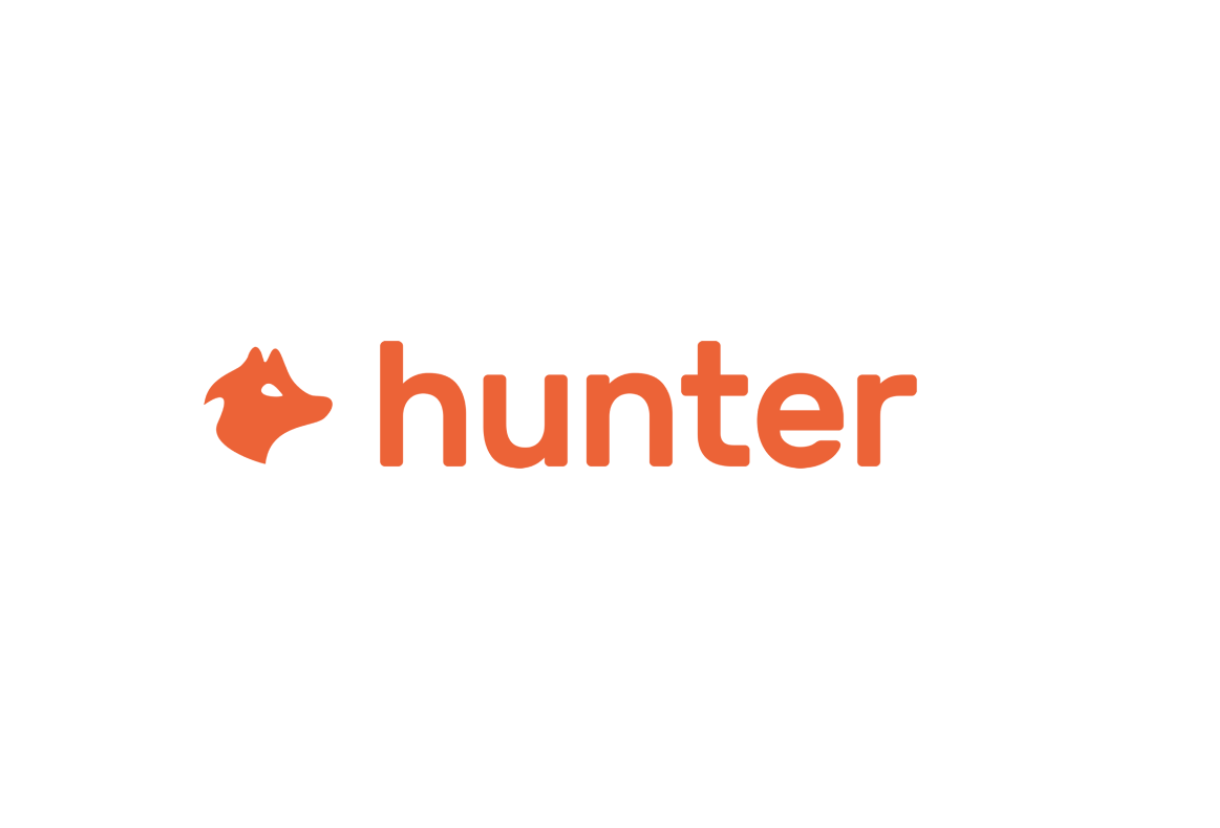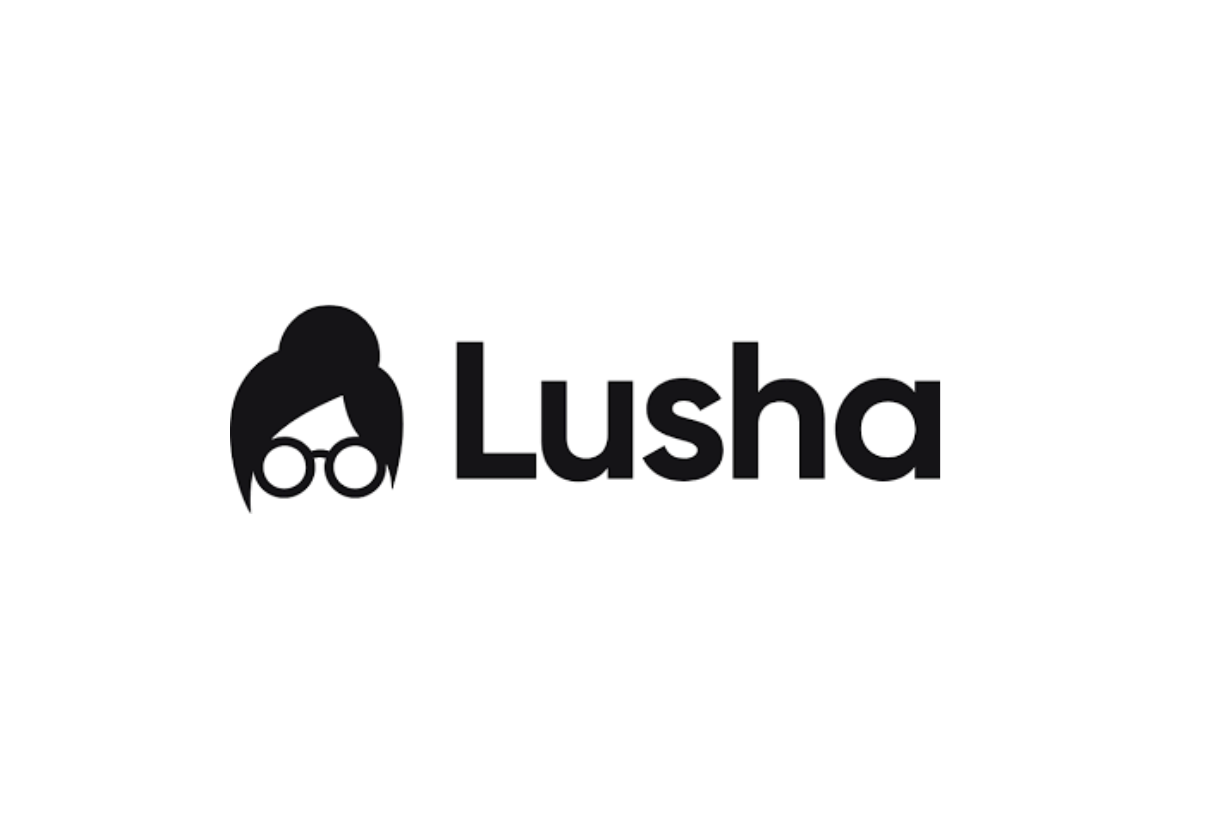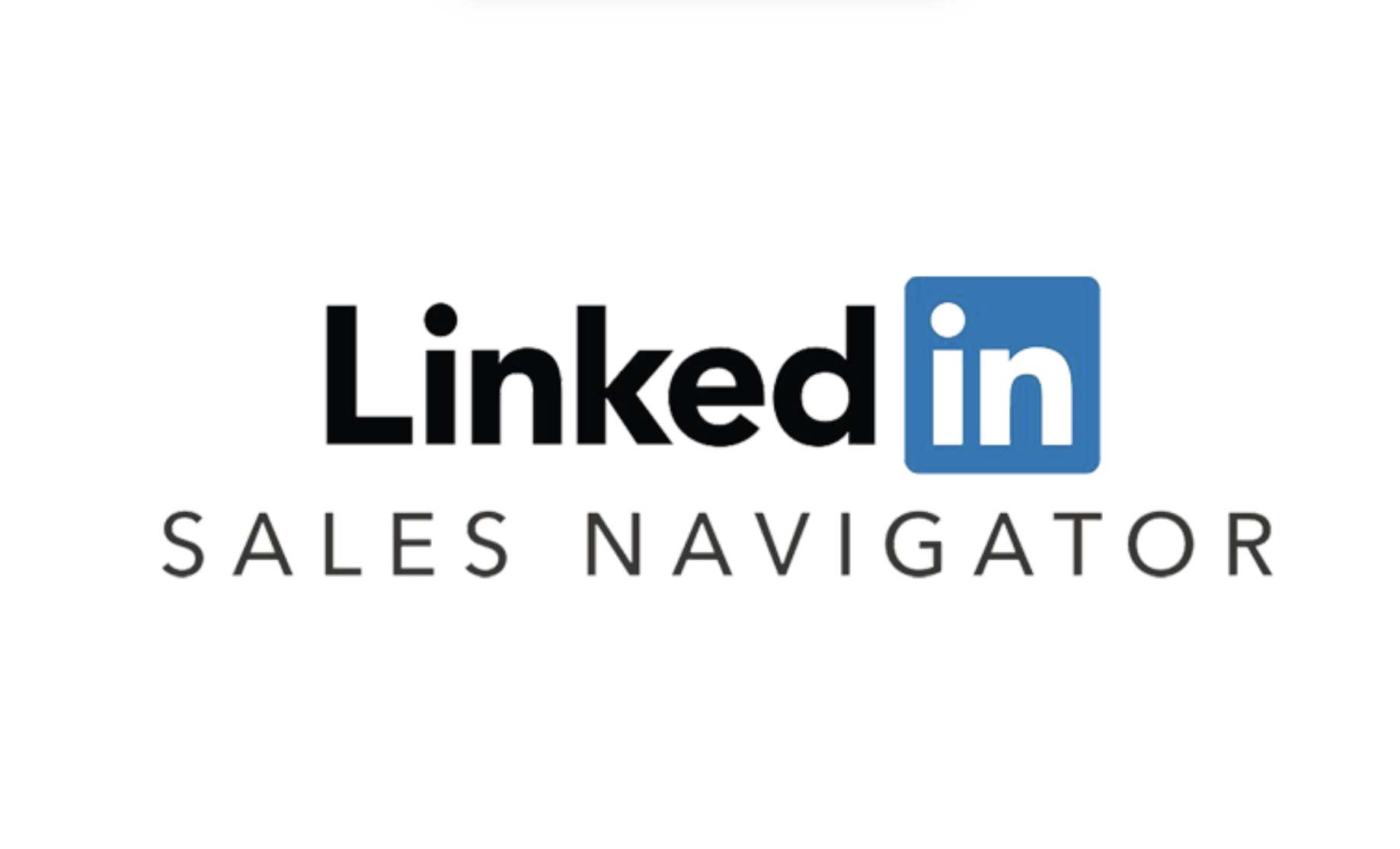X min reading
6 CRM Alternatives to Salesforce

Why Look for an Alternative to Salesforce?
Although Salesforce is a recognized leader in the CRM space, it may not meet every company’s specific needs. If you're exploring alternatives due to cost, simplicity, or functionality, several compelling options deserve your attention.
HubSpot CRM
Features: HubSpot CRM stands out with its intuitive interface and seamless integration with marketing and sales tools. It offers contact management, automated emails, and detailed analytics.
Benefits: The free version of HubSpot CRM is particularly appealing for small businesses. It enables effective customer relationship management at no extra cost while providing powerful tools to track interactions and performance.
Zoho CRM
Features: Zoho CRM offers a comprehensive suite of tools for sales, marketing, and customer service management. Its platform is highly customizable, with options to automate processes and integrate various communication channels.
Benefits: With a flexible pricing structure, Zoho CRM suits businesses of various sizes. Its advanced features, such as AI-powered sales forecasting, provide excellent value for money.
Pipedrive
Features: Pipedrive is known for its visual, sales pipeline-focused interface. It simplifies lead and opportunity management with tracking tools and detailed reporting.
Benefits: Ideal for sales teams, Pipedrive allows for simple and efficient sales process management. Its hands-on approach and visualization features help improve productivity and optimize team performance.
Microsoft Dynamics 365
Features: Microsoft Dynamics 365 is a robust CRM solution integrated with Microsoft applications like Outlook and Teams. It offers advanced tools for customer relationship management, process automation, and data analysis.
Benefits: For companies already using the Microsoft ecosystem, Dynamics 365 provides seamless integration and centralized management. Its extensive features allow for deep customization to meet the needs of large organizations.
Zendesk
Features: Zendesk CRM primarily focuses on customer service, offering support tools, ticket management, and multichannel communication. It also provides analytics and reporting features to assess customer satisfaction.
Benefits: Zendesk is ideal for companies aiming to enhance their customer support with an intuitive and scalable platform. Its built-in support tools enable efficient request handling and optimize customer interactions.
Oracle CRM
Features: Oracle CRM is part of the Oracle Cloud suite and provides powerful tools for sales, marketing, and customer service management. It includes advanced features for sales automation, data analysis, and marketing campaign management.
Benefits: Oracle CRM is well-suited for large enterprises seeking a comprehensive, integrated solution. Its ability to handle large data volumes and deliver deep insights makes it ideal for organizations with complex needs.
SAP CRM
Features: SAP CRM is part of the SAP Business Suite and offers robust functionalities for sales, marketing, and service management. It stands out with its integration capabilities with other SAP modules, allowing centralized business process management.
Benefits: SAP CRM is especially beneficial for businesses already using other SAP solutions. It offers seamless integration with existing systems and in-depth customization to meet the specific needs of large organizations.
Conclusion
Choosing the right CRM depends on your unique needs and priorities. By considering these alternatives to Salesforce, you may find a solution that not only meets your requirements but also offers additional advantages in terms of cost, functionality, and integration. Take the time to evaluate these options to make an informed decision aligned with your business goals.




Try our AI Platform to transform
your team productivity now!






